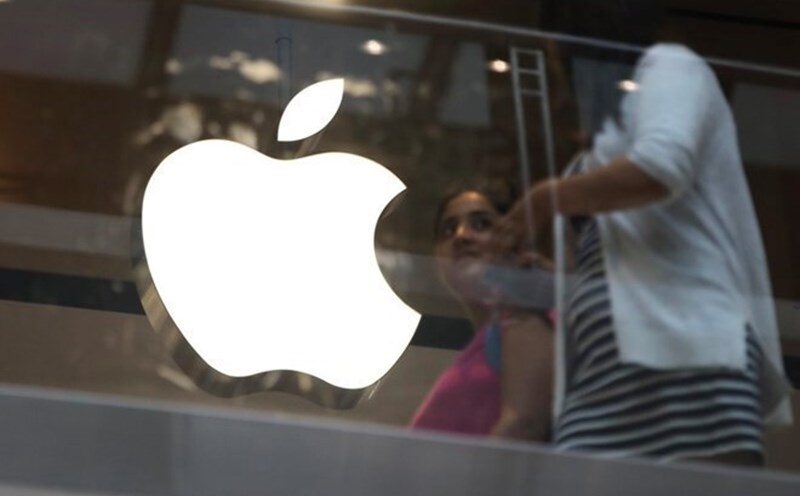The UK Competition and Market Authority (CMA) has just announced the decision to designate Apple and Google as strategic markets (Strategic Market status - SMS) on their mobile platforms.
This move marks a turning point in the efforts to control the power of two technology giants in the global mobile ecosystem.
According to the CMA, the decision was made after months of investigation and consultation with more than 150 stakeholders, including Apple and Google.
This agency concluded that both groups hold significant market strength, are stable and have a strategic position, especially in the fields of operating systems, application stores, browsers and browsers.
The CMA said that users in the UK find it difficult to switch between iOS and Android after being committed to an ecosystem, while app developers rely almost entirely on the App Store and Google Play to reach customers.
This raises concerns that the monopoly power of the two platforms could reduce competitiveness and hinder innovation in the mobile technology sector.
Notably, the CMA report also shows that the development of artificial intelligence (AI) is not enough to undermine the dominance of Apple and Google in the next 5 years.
Mr. Will Hayter, CMA's digital market operations director, commented: " Apple and Google's mobile platforms are being used by thousands of businesses to market and sell products to millions of consumers. However, their rules may limit innovation and competition.
The CMA insists the appointment of SMS does not mean the allegation of violation. Instead, this agency has the right to apply reasonable, targeted intervention measures to ensure a healthy competitive environment and protect consumer rights.
However, both groups opposed this decision. Apple warns that users in the UK may have to wait longer to receive new features, as in the case of Apple Intelligence being delayed. Google also said it could not find a valid reason for the CMA's decision.
With this decision, the UK will become one of the first countries to officially lay the foundation for a new digital competition oversight framework, which could reshape how technology giants operate in the European market in the next decade.











